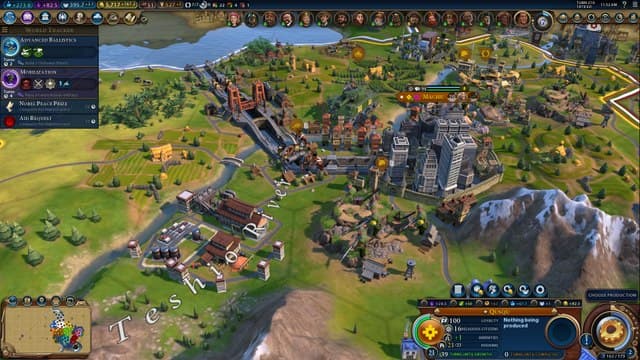0Comments
PUBLISHED
UPDATED
Civilization 6 Diplomacy Guide: Grievances, World Congress, Victory
About the Author
Dillon Skiffington
Dillon is the Senior Game Guides Editor at Fanbyte. He's been writing about video games for 15 years and has thousands of hours logged in FFXIV and hundreds of hours in Destiny 2.
Newest


